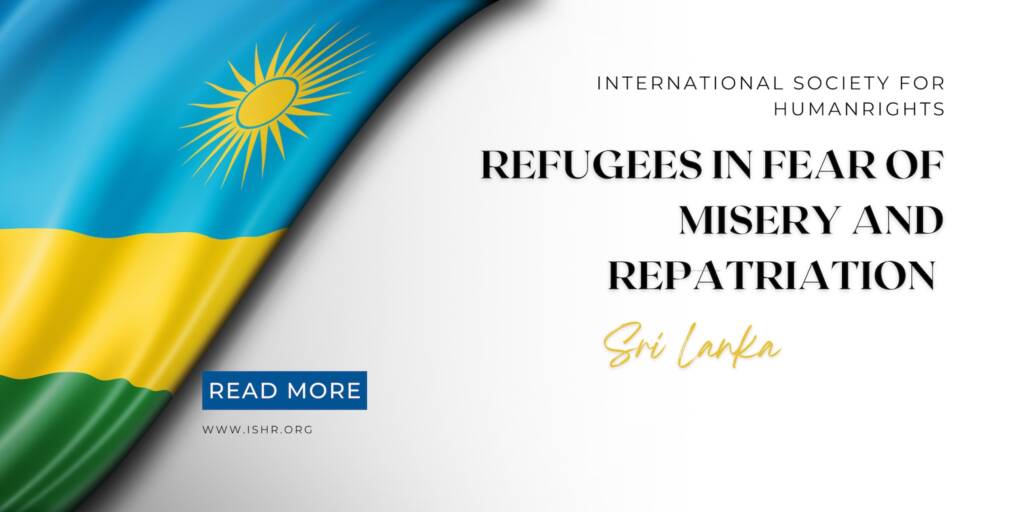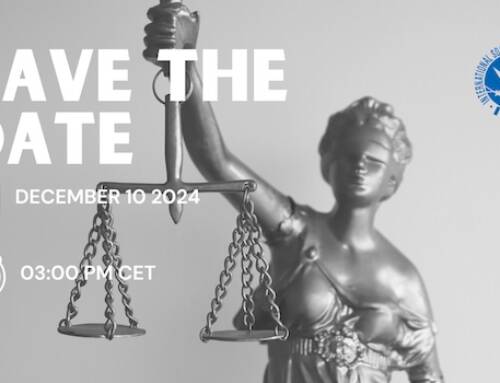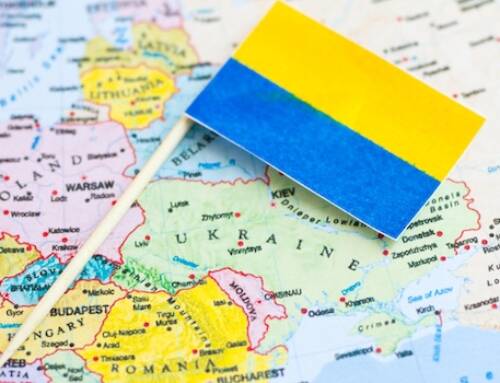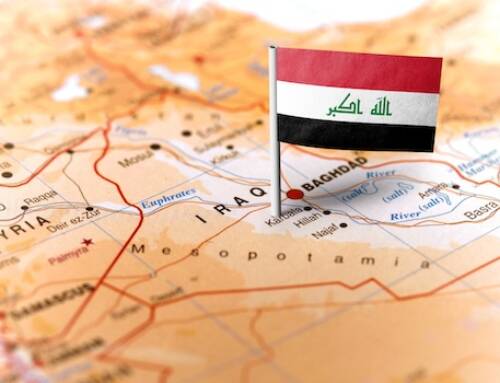Sri Lanka


Refugees in fear of misery and repatriation
Christians who fled persecution by Islamists from Pakistan to Sri Lanka have turned to the International Society for Human Rights for help several times in the past. In the capital Colombo, Michaela Koller, who is working for the German section of ISHR, met needy people two months ago who, despite the efforts of the UN High Commissioner, have not yet been accepted in a third country. Only recognition as a refugee entitles those seeking help to receive a monthly support payment, even if the amount does not cover everything necessary. Some of those entitled receive scholarships for their children’s schooling, but not all. Access to public schools remains denied to refugee children.
A number of those ISHR met do not receive any public benefits at all. They are people whose cases are still pending, who only have asylum seeker status. The sword of Damocles of deportation hangs over them if they are rejected in the final instance and no other country agrees to take them in. What makes the situation of both groups more difficult at the same time is the ban on work in Sri Lanka. Now, these people are also running out of time: the UNHCR has announced that it will end monthly aid from December 2023. By the end of 2024, the work is to be (largely) stopped.
In total, more than 800 people are affected by this uncertain situation. Around a tenth of them are persecuted Christians from Pakistan who have fled their home country to escape lynching, forced marriages or forced changes of faith, among other things. “After the attacks, everything has become even more difficult for us Christians,” complains Pakistani Christian Sardar Mushtaq Gill. He was threatened as a human rights lawyer in his home country, fled to the island and has been in contact with the ISHR ever since. More than 250 people died and hundreds were injured in Islamist attacks on three churches and three luxury hotels on Easter Sunday 2019 (21 April).
Fearing reprisals, the UN High Commissioner for Refugees’ office in the capital Colombo has since given preference to accepting Muslim refugees from third countries, including many Ahmadi Muslims persecuted in Pakistan. “They seem to have forgotten about us,” Gill explained in a roundtable at the home of a Free Church pastor who fled Pakistan in September 2017 with his wife and three children to escape fanatics. His persecutors had accused him of blasphemy, a charge that can result in the death penalty or lynching. ISHR has since learned that his request for recognition as a refugee was finally rejected by the UNHCR and that he faces deportation.
Another example is Sumaira Younis. Her husband Faisal Parvez and their son Joshua fled Pakistan in 2012. One of her husband’s brothers-in-law had turned to Islam and had put the whole family under pressure to do the same. He was supported by an Islamist group. They put so much pressure on the family that eight members, who are Baptists, fled to Sri Lanka, where they were recognized as refugees. However, they were subsequently not allowed to stay together. Faisal’s sister and her three children found refuge in a third country in 2018. The siblings’ father died in Sri Lanka in 2020, while the three of them are gradually worn down by the long time. “The stress and unbalanced diet have their health consequences, like high blood pressure and diabetes.” Another refugee said: “Medicine is expensive here and the doctor also charges money to measure blood pressure”. ISHR provided them with blood pressure monitors and test strips for blood sugar levels. What is clear, however, is that even before UNHCR scales back its aid, these people are already facing the dilemma of having to choose between medicine and food when shopping.





